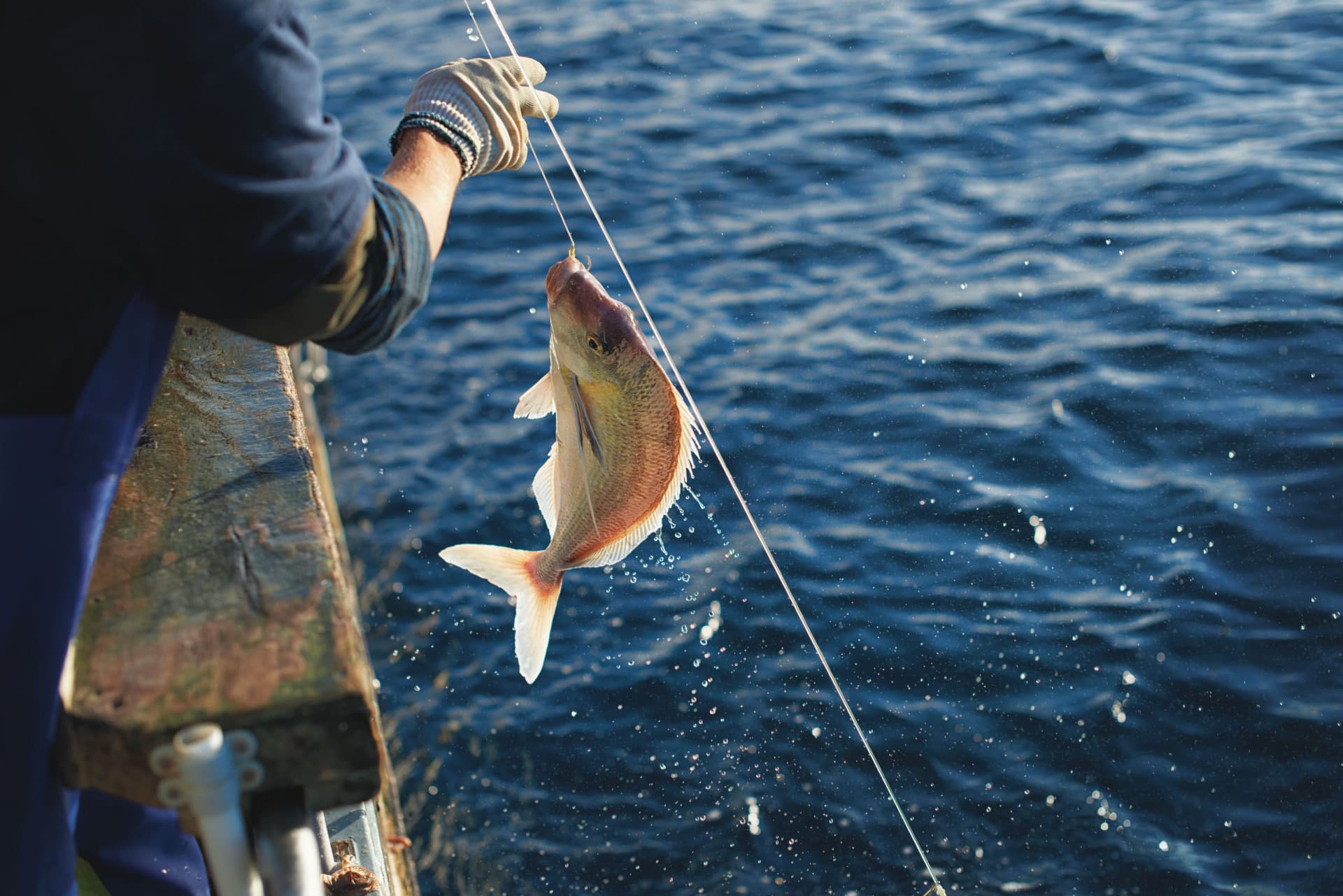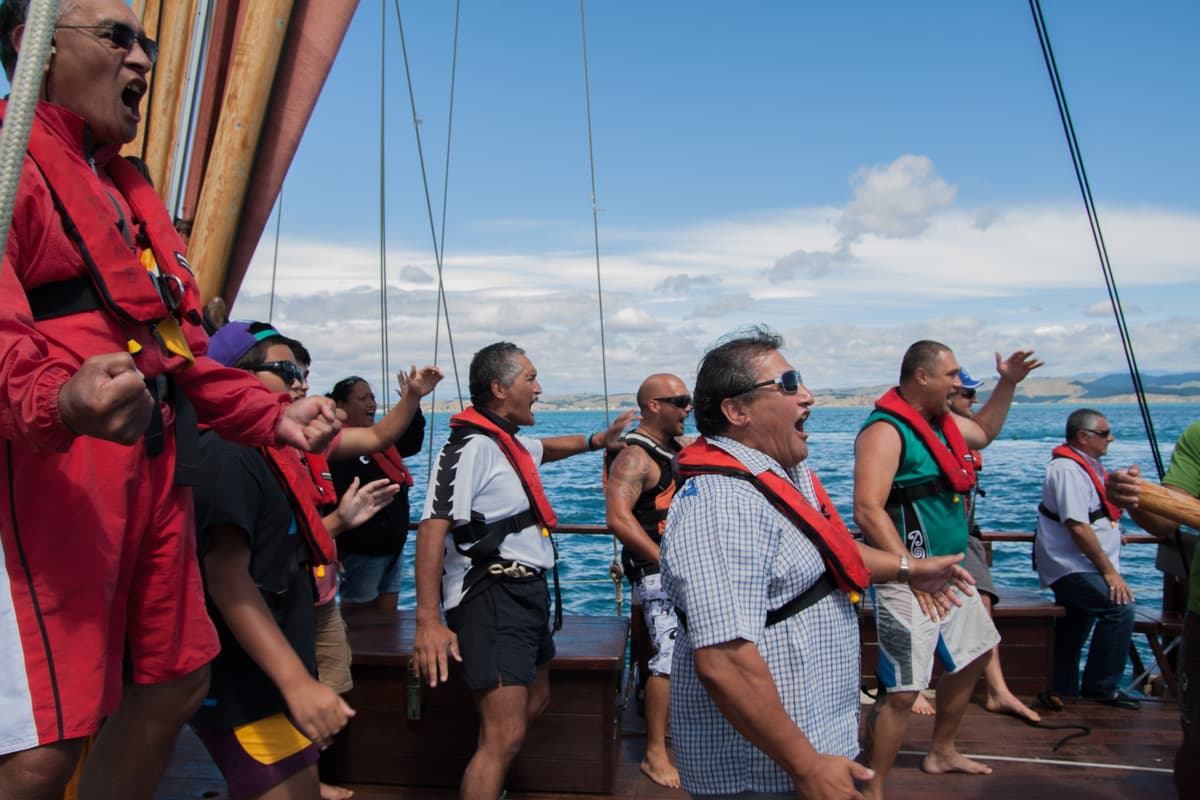

Investigating the tikanga of ICP Iwi Partners as it relates to commercial fishing practice
| Project Leader | Duration | Budget |
|---|---|---|
| Maru Samuels (Iwi Collective Partnership) & Irene Kereama-Royal (Ngā Wai A Te Tūī Māori & Indigenous Research Centre) | February 2021 – December 2022 | $250,000 |
Fishing in Aotearoa New Zealand was first practiced according to tikanga (customs) within whānau, hapū and iwi, and founded in te Ao Māori.
Colonisation brought laws and customs that were imposed on tikanga practices. 150 years later, the Fisheries Treaty Settlement recognised Iwi Māori as quota owners. However, they had to modify their practices and behaviours to fit in with legislation, which separated customary and commercial fishing. This is an artificial split for Māori; in the past whānau and hāpū managed the resource to fit the need.
We are developing transformative fisheries practice based on tikanga Māori to improve the social, cultural and ecological goals of the Iwi Collective Partnership (ICP) as an example of fisheries leadership in Aotearoa.
This research asks:
What can tikanga do to inform commercial fishing practice?
To answer this, we are:
The research contributes to the indigenisation of the blue economy by incorporating the use of mātauranga Māori inspired innovation to support blue economy activities and uses Māori leadership in the fishing industry by accessing their knowledge and practices.
Research outputs include: a literature review, interviews and videos of the case studies, a final report of the tikanga, and a future research plan for the development of a tikanga informed assessment and evaluation framework. We expect that this tikanga framework may be applicable nationally within the Iwi Māori fisheries sector.
Iwi Collective Partnership (ICP) is a limited partnership established by and for the benefit of their iwi members. Comprising 19 iwi and specialising in commercial fishing rights and kaitiakitanga (responsible fishing), they are the largest iwi collective.
Iwi Partners: Ngāti Porou, Te Arawa, Ngāti Tūwharetoa, Ngāi Te Rangi, Ngāti Awa, Whakatohea, Te Rarawa, Taranaki Iwi, Ngāti Ruanui, Ngaa Rauru Kiitahi, Te Aitanga ā Māhaki, Rongowhakaata, Ngaitai, Ngāti Manawa, Ngāti Whare, Rangitaane, Ngāti Maru (Taranaki), Tapuika
Associate iwi: Ngāi Tāmanuhiri
For this kaupapa, ICP have formed a partnership with the Ngā Wai A Te Tūī, Māori & Indigenous Research Centre to collaborate within the research, co-lead the project and begin to build its own research capacity and capability.
Ngā Wai a Te Tūī, Māori & Indigenous Research Centre provide kaupapa Māori research to support Indigenous innovation and Māori development.
Maru Samuels (Iwi Collective Partnership)
Irene Kereama-Royal (Ngā Wai A Te Tūī Māori & Indigenous Research Centre)
Eruera Lee-Morgan (Ngā Wai A Te Tūī Māori & Indigenous Research Centre)
This is an Innovation Fund project, which is co-funded or funded in kind by the following partner(s):
Iwi Collective Partnership Ngā Wai A Te Tūī Māori & Indigenous Research Centre
This project has produced or contributed to:
